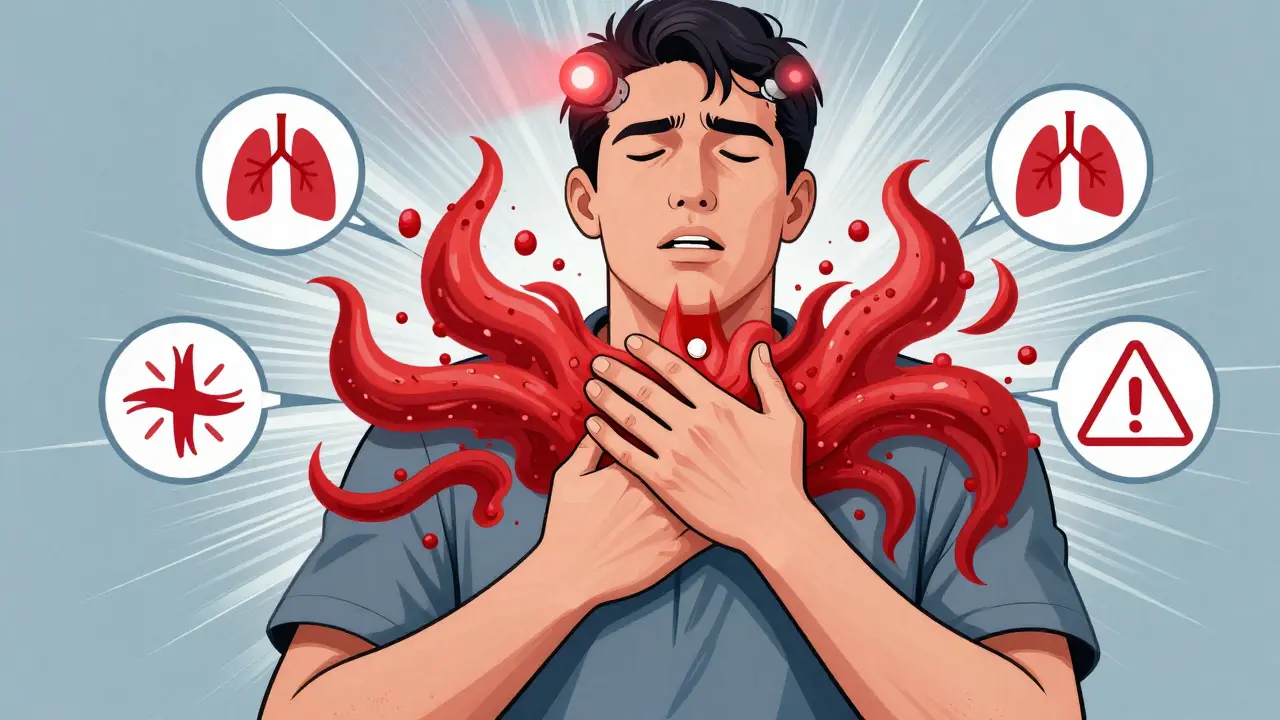Side Effects – Quick Guide to Spotting and Managing Unwanted Reactions
Ever taken a pill and then felt dizzy, nauseous, or got a rash? That’s a side effect in action. They’re the body’s way of saying something isn’t quite right with the medication or supplement you’re using. Knowing what to expect and how to react can keep you from panicking and help you stay on track with your treatment.
Side effects range from mild annoyances like a dry mouth to serious issues that need medical attention. The key is to recognize the pattern: did the symptom start after you began a new drug? Did it disappear when you stopped? Those clues point you toward the cause.
Why Side Effects Occur
Every drug is designed to hit a specific target in your body, but it can also bump into other pathways. That off‑target action is what creates unwanted reactions. Genetics play a role too—some people break down a drug faster, while others keep it in the system longer, leading to higher chances of side effects.
Dosage matters. A low dose might cause a slight headache, while a higher dose could trigger stomach upset or dizziness. Interactions with other meds, foods, or alcohol add another layer of risk. For example, mixing an NSAID like ibuprofen with certain blood thinners can increase bleeding risk.
Practical Steps to Reduce Discomfort
First, read the label. Most drug facts sheets list the most common side effects and the ones that are rare but serious. Knowing the list helps you spot issues early.
Second, talk to your pharmacist or doctor before you start a new medication. They can tweak the dose, suggest a different drug, or recommend ways to lessen the impact. Simple tricks—taking a medication with food, staying hydrated, or splitting the dose—can make a big difference.
Third, keep a side‑effect journal. Write down what you take, the time you take it, and any symptoms you notice. Over a week or two, patterns emerge, and you’ll have solid info to share with your healthcare provider.
If a side effect is mild, try over‑the‑counter remedies. An antacid can calm a pill‑induced stomach ache, while a cool compress may ease a skin rash. For more bothersome reactions like persistent dizziness or severe allergic responses (hives, swelling, difficulty breathing), stop the medication and seek medical help right away.
Don’t forget lifestyle tweaks. Regular exercise, balanced meals, and adequate sleep boost your body’s ability to handle meds. Sometimes, a vitamin deficiency can exaggerate side effects; a quick blood test can pinpoint those gaps.
Finally, stay updated. New research can change the safety profile of a drug you’ve been using for years. Websites like RSE eLearning keep you posted on the latest findings, so you know when a previously safe drug now carries new warnings.
Bottom line: side effects are part of almost every treatment, but they don’t have to derail your health plan. Spot them early, talk to a professional, and use practical tricks to keep discomfort low. With a bit of awareness, you’ll feel more confident handling any unwanted reaction that comes your way.

- Jan, 19 2026
- Comments 9
When Side Effects Warrant Stopping a Medication Immediately

- Sep, 21 2025
- Comments 9